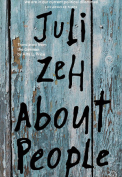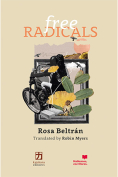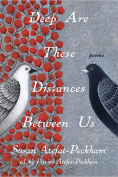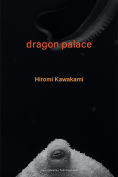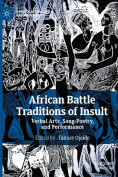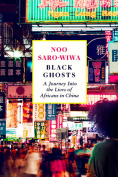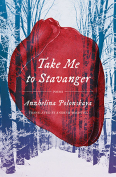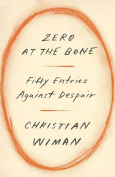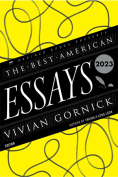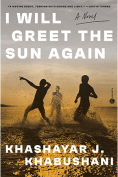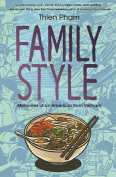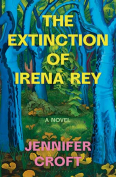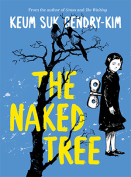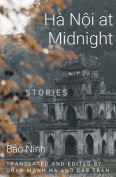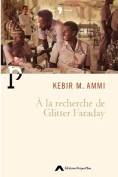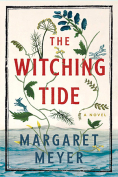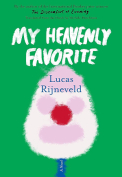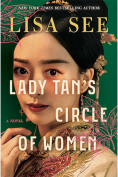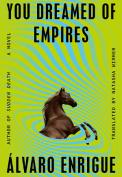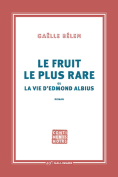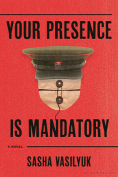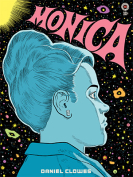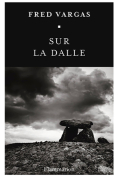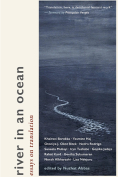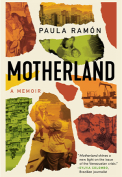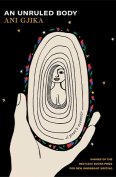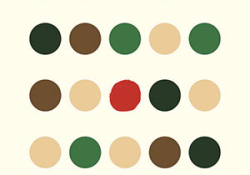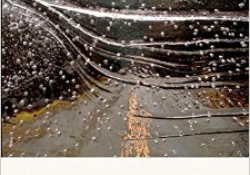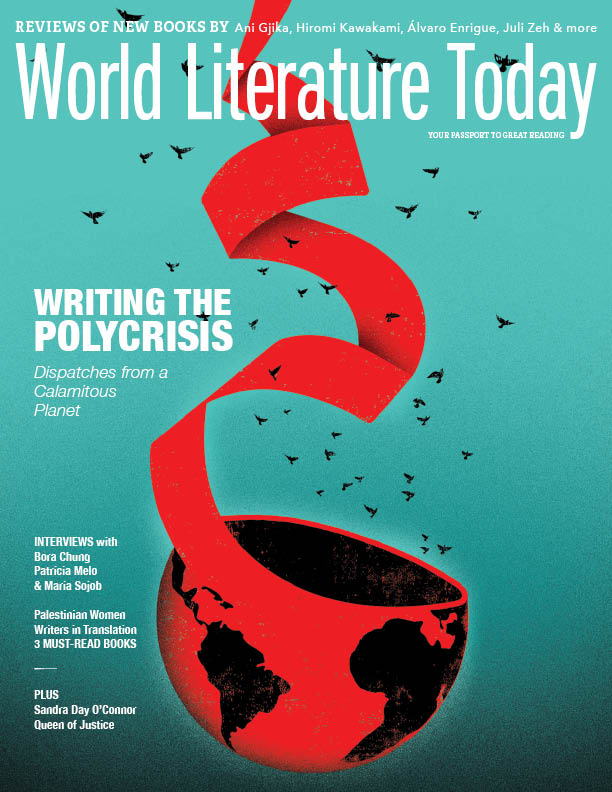Zero at the Bone: Fifty Entries against Despair by Christian Wiman
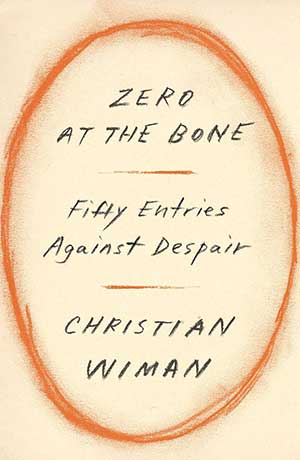 New York. Farrar, Straus and Giroux. 2023. 320 pages.
New York. Farrar, Straus and Giroux. 2023. 320 pages.
When the poet Christian Wiman published My Bright Abyss in 2013, the memoir wherein he discusses his illness and his faith, it was received as comparable to Pascal’s Pensées. It is indeed a work of immense and deep thought. Since then, he has written another memoir as well as another book of poems, and Wiman has published anthologies, translations, and criticism besides. The ambition for his latest work, Zero at the Bone: Fifty Entries against Despair, was to write a book that does not choose between these genres but remains true to the creative work and to the life behind them. To get a sense of what that might mean, we might reflect on Wiman’s rejection, here, that poetry is a form of art: art, he maintains, is a form of poetry.
The fifty entries gather pieces of memoir, poems, assemblages of citations, and even include a comical dialogue. Indeed, especially in the second half of the book, Wiman will often insist on how decisions were made at a subconscious level, or how particular phrases from other writers have come to appear to him as his own. Samson, who killed the lion, sinned, the commentators agree, as he ignored the essential differences, yet here Wiman follows his example. Resonating with Samson’s lion is the leopard, a metaphor for despair that stays throughout the book. Wiman unpacks the romantic or youthful imagination of despair as something interesting, or worth engaging with. In reality, despair is found to be unbearably dull, and, crucially, it denies this engagement—and leaves one isolated. As such—Wiman cites the Russian philosopher Lev Shestov in a striking passage—its first response is faith, its last response is love. The justification for extending Samson’s sin must be that, from the perspective of despair, there are no clear distinctions to be made.
Furthermore, Zero at the Bone collects all the genres under the rubric of poetry, in the writing of poetry. A far more private sort of book then, compared to its forebears, and interpreting it is a more demanding task. It may be that despair cannot be opposite; without locality, it is impossibly difficult to define, but there are true ways of responding to it. My Bright Abyss achieved something extraordinary when it, by its titular poem, substituted a colon with a period. Perhaps Zero at the Bone performs the same gesture in reverse.
Arthur Willemse
Universities of Maastricht and Hasselt
